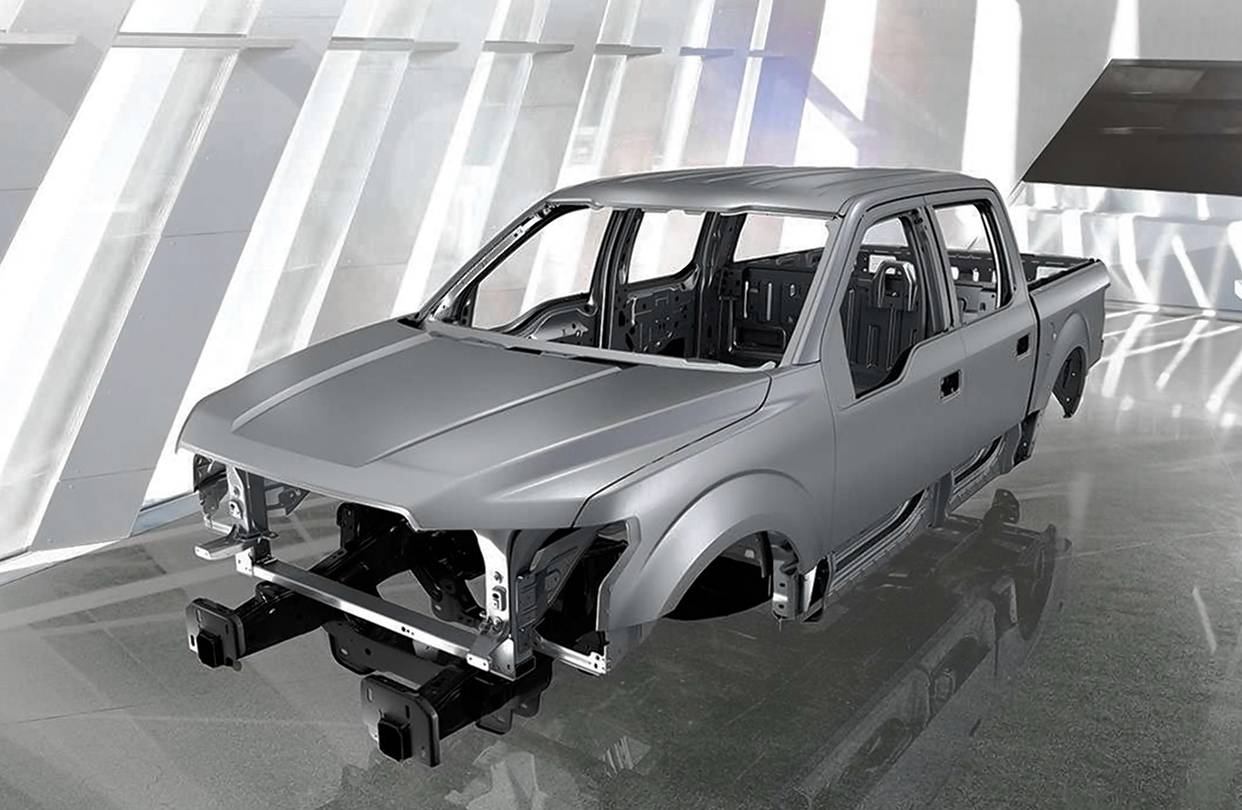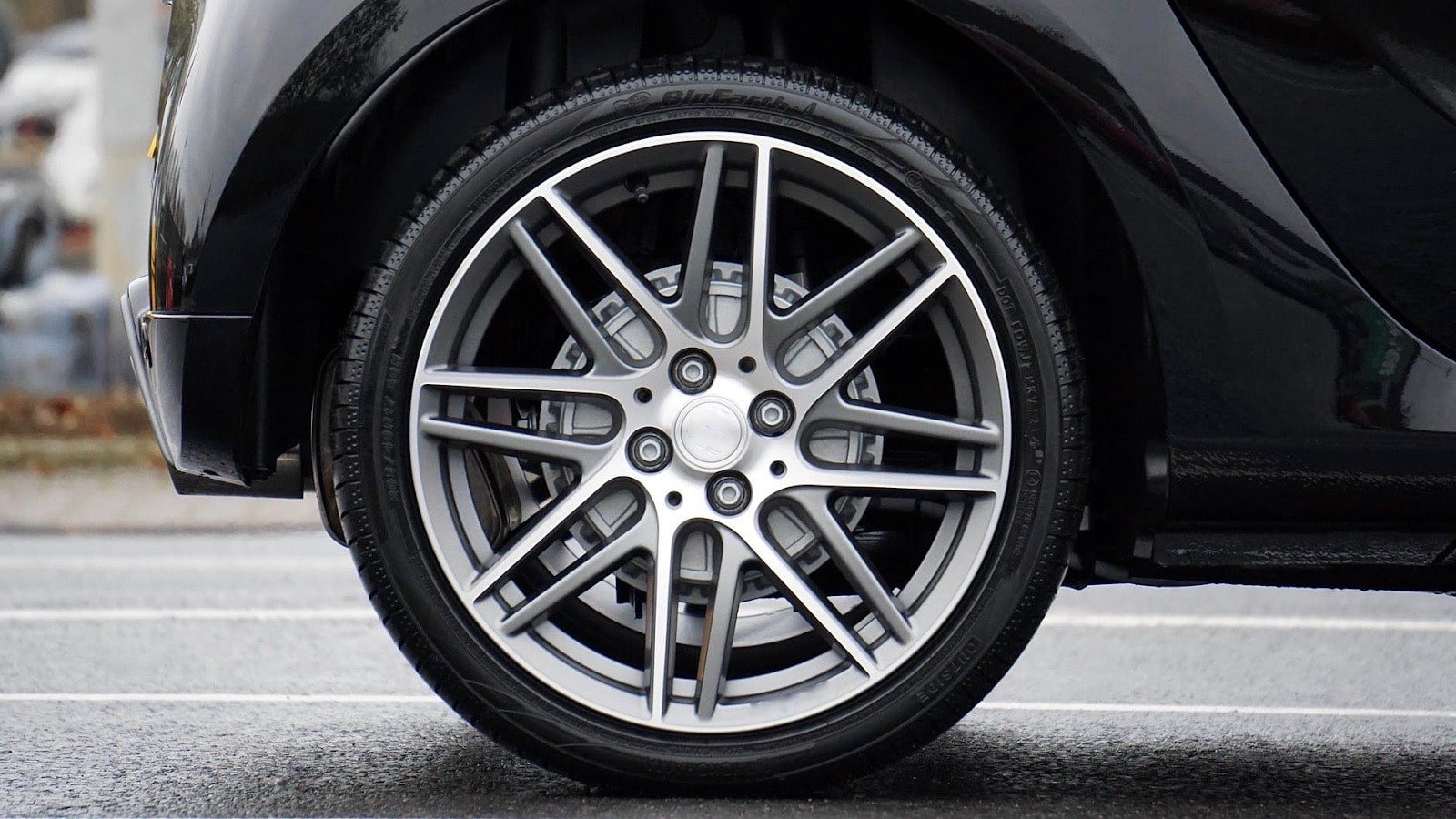Aluminum is an incredibly versatile material, yet it may surprise many carmakers to learn just how beneficial aluminum can be for their craft. From lightweight yet high-strength components to corrosion resistance and cost savings, there are a variety of surprising uses and benefits of aluminum for cars that make it the ideal choice for any automotive project.
In this article, we will explore these 4 unexpected advantages that come with using aluminum in vehicle manufacturing. Get ready to discover why more and more car makers are turning to this remarkable metal!
Table of Contents
Improved Durability

Aluminum has been used in car manufacturing for decades, but it’s only recently that engineers and fabricators have realized the full potential of this material. One of its most impressive qualities is improved durability over traditional steel and other metals.
Aluminum features a naturally high strength-to-weight ratio, making it an ideal choice for parts that must withstand wear and tear while maintaining efficiency and performance. It also offers excellent corrosion resistance, which helps retain the structural integrity of a vehicle over time.
In addition to these practical benefits, aluminum is also highly recyclable – meaning cars made with this metal are not likely to end up as waste or scrap after their service life ends.
With its incredible strength and versatility, aluminum for cars truly stands out as one of the best materials available for improving car durability now -and well into the future.
Reduced Weight for Enhanced Performance
Aluminum is becoming an increasingly popular choice for car makers, thanks to its lightweight and enhanced performance. Aluminum’s unique properties make it ideal for automotive applications, as its lightweight nature reduces the overall weight of a vehicle while still offering superior strength and durability.
With reduced mass comes improved fuel efficiency, meaning cars built with aluminum can travel further on less gasoline. Additionally, aluminum allows car makers to create complex shapes that would be impossible with heavier materials such as steel or iron.
Therefore, utilizing aluminum for cars has become not only a cost-effective solution but also one that offers better performance than traditional materials used in the past.
Superior Heat Dissipation Properties

Aluminum is renowned for its superior heat dissipation properties. In the automotive industry, these capabilities are crucial to preventing engines from overheating and keeping low-temperature components cool.
As a lightweight material, aluminum also helps reduce fuel consumption by lowering the weight of cars and further improving their energy efficiency. Its high thermal conductivity makes it an ideal choice for dissipating heat quickly and minimizing temperature differences between parts.
Aluminum’s ability to disperse heat more effectively than other materials allows carmakers to design lighter, more efficient vehicles that will not overheat under tough operating conditions.
Increased Safety with Corrosion Resistance
Aluminum is quickly becoming a popular choice among car makers due to its ability to increase safety through corrosion resistance. Aluminum is naturally resistant to oxidation and rust, making it an ideal material for the construction of cars as opposed to other metals that may corrode over time.
This means that aluminum-made vehicles can withstand extreme weather conditions, such as snow or rain, without sustaining any damage from moisture or rusting elements. Furthermore, aluminum for cars does not require additional protective coatings which are often used with other materials to prevent corrosion – another advantage when considering the long-term use of cars made from this metal.
The corrosion resistance of aluminum makes it stand out from the competition when building cars; providing customers with increased safety and peace of mind knowing their vehicle will last longer than if constructed using alternative materials.
Conclusion

Aluminum has been a valuable asset to car-makers for many years. From its lightweight and corrosion-resistant properties, manufacturers have increased the popularity of aluminum for cars for many reasons.
It’s strong but lightweight makes it ideal for the automotive industry, as well as providing improved fuel efficiency and reduced emissions. Not only that, but aluminum is also incredibly recyclable – making it an eco-friendly choice too!
The uses of aluminum in car manufacturing are varied and surprising; from improving safety through stronger yet lighter frames to reducing the environmental impact by using recycled materials like those found at https://hjaluminumwindow.com/aluminum-vehicles/. Aluminum for cars offers versatility within this sector can’t be denied – proving itself time and again as a dependable material for modern car makers.

